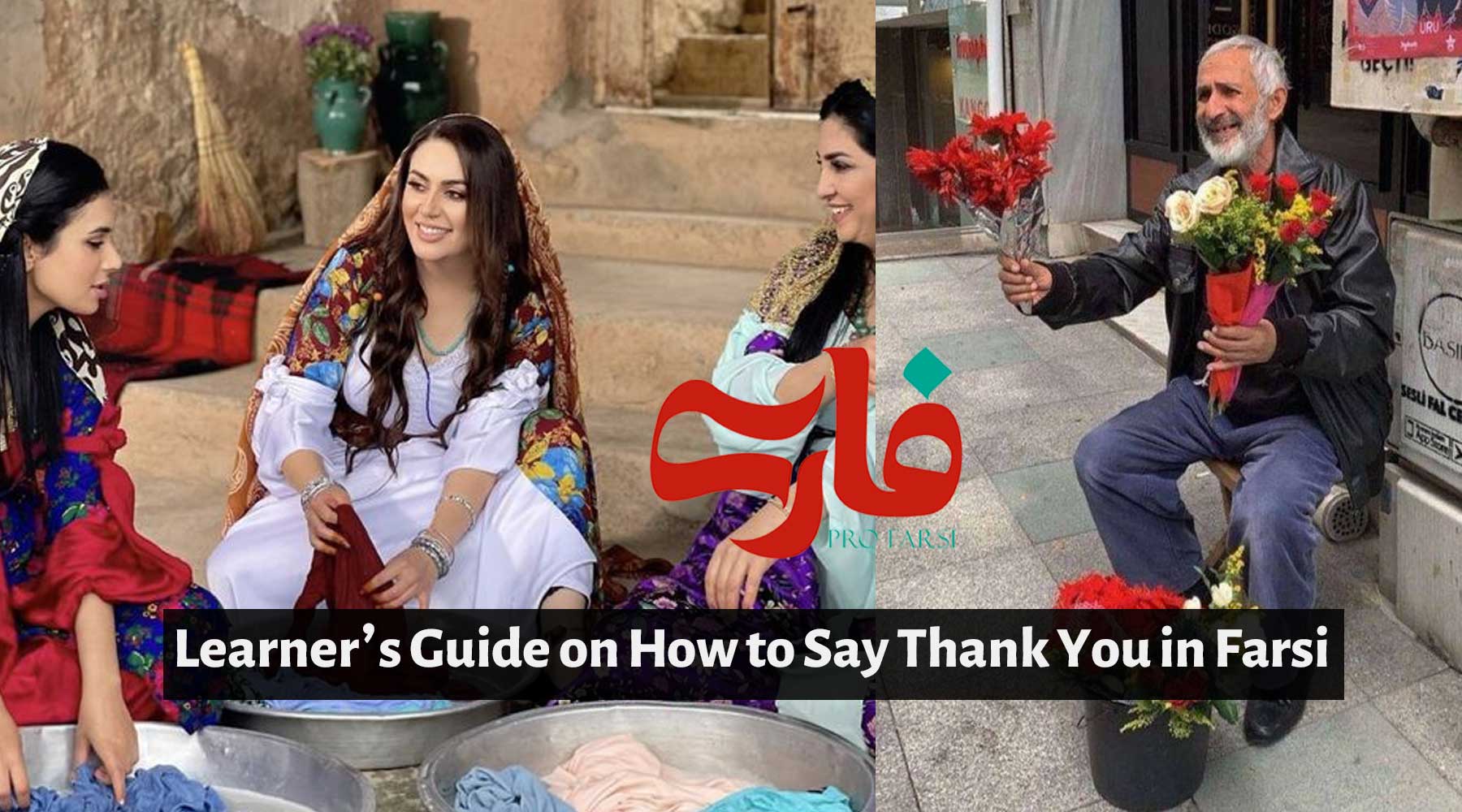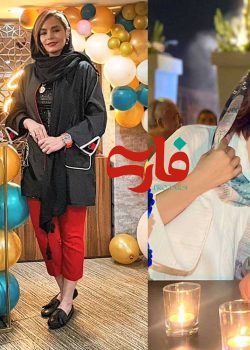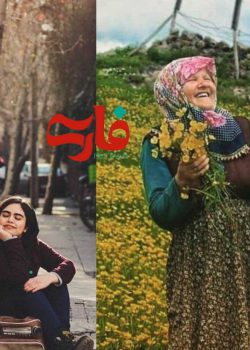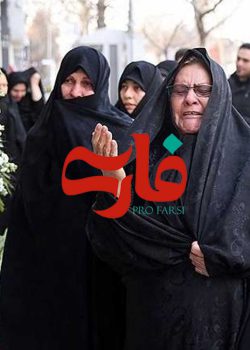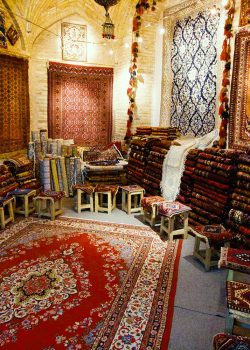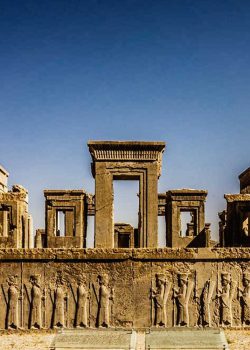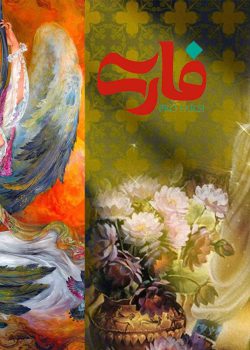Learner’s Guide on How to Say Thank You in Farsi
Expressing our gratitude is essential in any language, letting us express our appreciation for others’ kindness and establishing a stronger connection. In Farsi, the official language of Iran, there are various ways to say “thank you” depending on the formality of the situation. In this blog post, we’ll look at various methods for expressing gratitude in Farsi–from formal to informal settings–as well as provide cultural context to comprehend this expression within Iranian culture better. Whether you’re planning a trip or simply want to learn how to say “thank you” in Farsi with Iranian friends or colleagues, this post will help you master saying “thank you” in Farsi.
The Formal Way of Saying Thank You in Farsi
In Farsi, the formal way of saying “thank you” is “Mamnoonam” (ممنونم), which is pronounced as “mam-no-nam.” This expression is commonly used in formal settings like business or official interactions and derives from two Arabic words: “mamnoon” (ممنون), meaning “grateful,” and “nam” (نم), meaning “I am.” Thus, when saying “Mamnoonam” to someone, you are saying: “I am grateful.”
In Iranian culture, using “Mamnoonam” to express gratitude is considered polite and respectful. It’s commonly used when addressing someone in a higher-ranking position or showing appreciation for an official gesture or service.
It is worth noting that the phrase “Mamnoonam” is not commonly used in everyday conversation in Iran. Instead, people tend to opt for the more informal “merci” (مرسی), borrowed from French culture and commonly employed in casual settings.
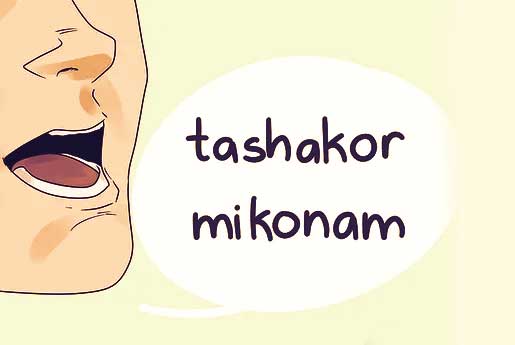
The Informal Way of Saying Thank You in Farsi
In Farsi, the informal way to say “thank you” is with “Merci” (مرسی), which is pronounced like “mer-see.” This phrase originates from the French merci and is widely used in casual settings throughout Iran; it’s equivalent to saying “thanks” or “thank you” in English.
“Merci” can be employed in many contexts. It may be used to show appreciation for a small favor, compliment, or any act of kindness. Furthermore, it’s frequently used in everyday conversations, like between friends and family.
It is worth noting that Farsi pronounces “Merci” differently from French. Here, the “r” sound is given with a slight roll, and the accentuation is flatter.
So, to recap, you can use “Merci” as an informal way of saying “thank you” in casual settings, like with friends and family.
How to Say Thank You in Farsi in Different Situations
In Farsi, how you express gratitude depends on the situation and who you are thanking. Here are some examples of how to show appreciation in different scenarios:
With Friends and Family
When thanking friends or family members, an informal way of saying “thank you” is often used. For instance, saying “Merci” or “Kheili mamnoon” (خیلی ممنون) can be used to show your gratitude for their assistance or kind gesture.
In a Business Setting
When expressing gratitude in an official capacity, use more formal language. You could say something like “Moteshakeram” (متشکرم) to show appreciation for someone’s help or for an excellent business opportunity.
Talking Politely
If you’re addressing someone in an official position or want to be as polite as possible, use formal language to demonstrate respect. For example, you could say something like “Sepas gozaram” (سپاسگذارم) to show appreciation for their guidance or the chance to work together.
So, how you express gratitude in Farsi depends on the situation and who you are thanking. It is essential to use appropriate language and expressions to convey respect and appreciation, while nonverbal gestures of thanks are also common within Farsi culture.
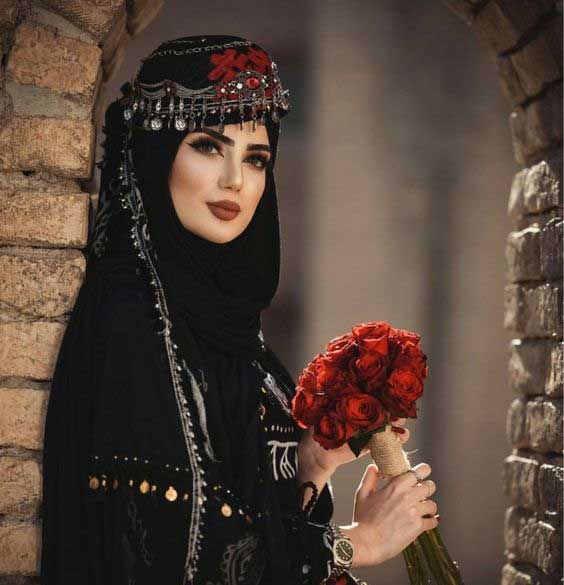
Other Ways to Say Thank You in Farsi
There are more than a few ways of saying “thank you” Depending on the context, you can turn to these phrases when you wish to express your appreciation.
“Kheili mamnoon” (خیلی ممنون): This phrase translates to “thank you very much” and can be used in both formal and informal contexts to show appreciation for something.
“Moteshakeram” (متشکرم): This phrase is also used to express gratitude and is more formal than simply “Merci.” It can be employed in business and formal settings alike, as well as with acquaintances or people, you are unfamiliar with.
“Sepas gozaram” (سپاسگزارم): This expression can be translated as “I am appreciative.” It’s an extremely formal and poetic way of expressing gratitude. It may be used in formal or official settings when addressing someone in authority. It’s also practical when writing a letter, as written Farsi is usually very formal.
In Iran, gratitude is often expressed through gestures in addition to words. For instance, nodding your head or placing your hand over your heart while saying “thank you” are popular ways to demonstrate sincerity and appreciation.
How to Answer a Thank You in Farsi
When someone says “thank you” in Farsi, it is customary to reply with an expression of humility and kindness. Here are some common ways to respond to “thank you” in Farsi:
Khahesh mikonam (خواهش میکنم): This phrase in Farsi literally translates as “I am doing it for your pleasure,” and is commonly used when someone expresses appreciation. It conveys that you are delighted to assist or do something for the other individual.
Lotf darid (لطف دارید): This phrase translates to “You’re kind,” and it’s a way of saying “you’re welcome” in Farsi. It is an elegant way of acknowledging another person’s gratitude.
Nafarma’id (نفرمایید): The exact equivalent of the English phrase “don’t mention it.” This is still relatively formal but you will hear it in all non-casual contexts.
Culture Tip: Showing Appreciation in Farsi
Expressing gratitude is an integral part of the Iranian culture, and it’s seen as a virtue to express appreciation for others’ help and kindness. In Farsi culture, expressing gratitude not only serves to recognize someone else’s generosity but also builds and strengthens relationships.
Iranian culture emphasizes polite and humble gratitude, using formal language and expressions when thanking someone in a formal setting. Nonverbal signs of respect and appreciation such as giving someone a slight bow or placing one’s hand over their heart are also often used to demonstrate respect and appreciation.
Related Posts

